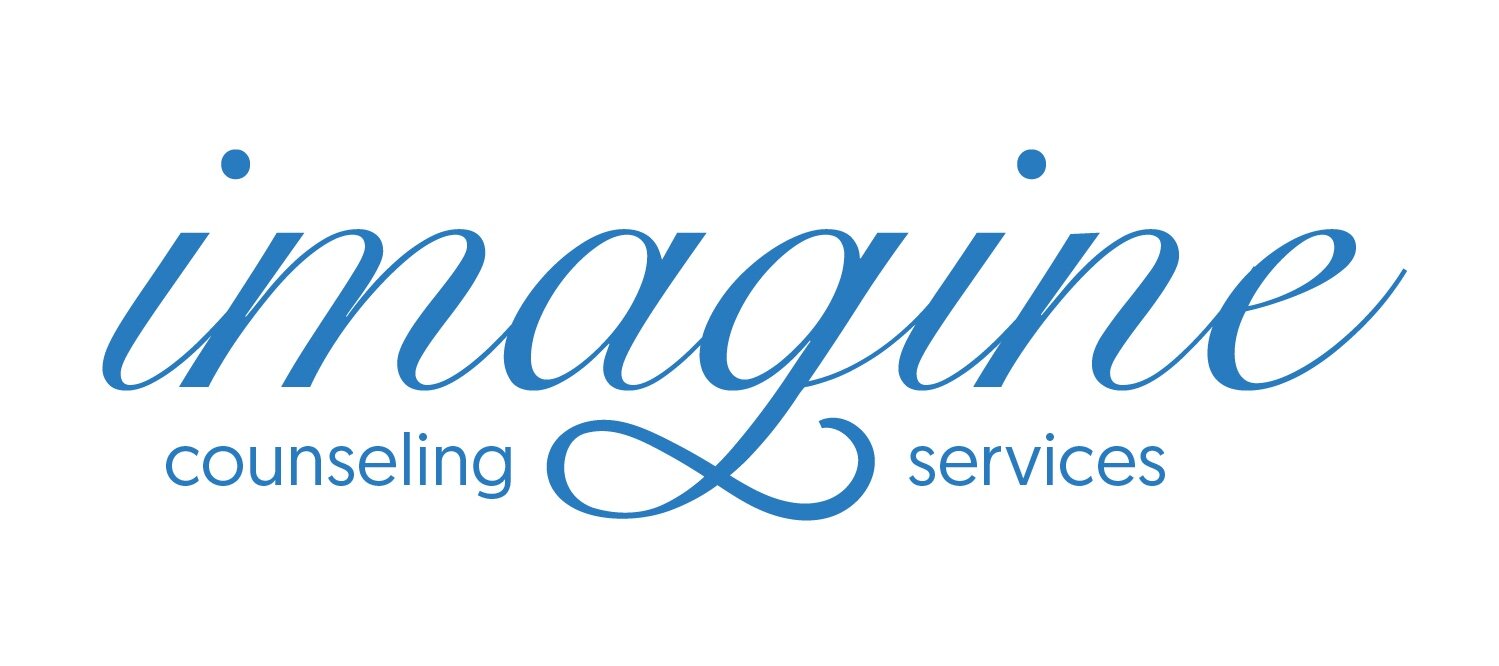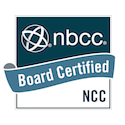Lose 30 pounds.
Exercise every day.
Pay off all credit cards.
Get a new job.
Move to a new city.
Completely overhaul my career, my health...my life.
Sound familiar?
The start of the new year is often when we look at our lives, see what we don’t like, and vow to do things different next year. Too often, however, by the spring most of these goals have fallen to the bottom of our to-do list.
Why don’t most resolutions work?
1. They are too lofty or vague, and not well planned out.
Check to see if your goals fit the SMART criteria - Specific, Measurable, Achievable, Realistic, Time Limited. We are often told to think big, but if your goals are too big and not attainable it ultimately leads to a feeling of failure.
In reality, you didn’t fail at reaching your goal, you just failed to create one that was reachable in the first place.
Write your goal in a concise and measurable way.
Be specific.
A helpful tip to do this is to ask yourself “How I will know when I have reached my goal?” For example, “spending more time with friends” is pretty vague. What do you really want? Once a month? Once a week? What do you want to be doing with your friends?
Stating your goal is only the first step. The magic lies in creating a plan that you can stick with.
For example, if you have been carrying too much credit card debt, you might do the following:
I will pay off my Visa balance of $3000 by November by paying an extra $300 a month for the next 10 months (Specific, Measurable, Time limited)
Ask yourself - Do you have an extra $300 a month? Every month? (Achievable)
Even if you do have the financial ability to do this, do you have the willingness to do so? Are there others involved that you will need to consult with? (Realistic)
Write down your goals in this SMART format, refer to it often, and visualize your success daily to increase your chances of success.
2. Too many goals. Pare it down to 1-3 changes.
Change is hard. Really hard. And your brain interprets this as discomfort. Too many changes at once will overwhelm your brain and it will revert back to old habits to avoid the discomfort.
Also, there is a problem of too many choices. If you have too many goals, you will quickly tire of trying to decide which one to focus on at any given time.
So, limit the number of changes you want to make to two or three. And if you have a major life change, I would suggest reducing that to one or two. You can always add more later.
3. You simply are not ready.
And that’s ok.
According to Prochaska and DiClemente, we cycle through these 6 stages of change. We can enter anywhere, and cycle back through many times.
Pre-contemplation - No awareness or intention of change. (This toxic relationship isn’t that bad for me.)
Contemplation - Recognizing there may be a problem and intending to make a change within the next 6 months. There may be some ambivalence to change. (I’m really not happy in this relationship, but he’s not that bad. If it doesn’t get better by my birthday I might consider breaking it off.)
Preparation - Ready to take action within the next 30 days. Taking small steps, doing research, formulating a plan of action (ex. Using SMART goals criteria). (I’ve had it. I need to end this relationship. I will start looking for my own apartment and planning how I will say it to him.)
Action - Actively taking steps to modify behavior. (I signed the lease on my own place, and have ended the relationship. I am moving on Tuesday.)
Maintenance - Sustained behavior change for at least 6 months and intention to continue. (I moved out months ago and feel much better about my life! I am happy keeping busy with friends, work and hobbies.)
Relapse - Resuming old behaviors. (I ran into my ex the other day and I am thinking about going to dinner with him.)
When considering making changes at the new year, or any time, ask yourself “Where am I in this cycle?” Taking action before proper contemplation and preparation may lead to unsustainable change. And consider that for good reasons you just might not be ready.
And that’s ok.
4. You feel you “should” make a change based on someone else’s criteria.
Whether it be a family member or societal expectations, it is someone else who is driving your goals. Thinking you “should” isn’t enough to make lasting change.
If your goal is based on someone else’s criteria, it simply does not speak to your own “why”.
For example, is your goal is to lose 20 pounds and be able to run a 5k because you think that’s what someone close to you wants, and every magazine and health site blog post tells you to? Or is it because you know you would feel better physically and mentally, and are worth it?
Consider both reasons for a moment and notice which one feels internally motivating, and which feels like a burden and a chore.
Another thing to consider is changing your internal and spoken dialogue from “should” to “get to” or “look forward to” and see what happens.
Pay close attention to where you feel the reaction in your body. You might find yourself more excited and motivated. Or you might find that it just doesn’t fit what you really want.
Tuning into your internal experience can be extremely helpful in deciphering between a burdensome “should”, and an exciting “get to”.
5. Core belief of feeling unworthy.
Perhaps the #1 reason your resolutions don’t stick is because internally you feel like you are inherently flawed and you think making certain changes will fix that. External changes may make you feel better at first, but that typically fades in a few weeks.
Our minds create thoughts and behaviors that align with our deepest core beliefs.
For example, if your core belief is that you are unworthy of success in your business, then all the goal setting and budgeting won’t work. Somewhere along the line your unconscious belief of unworthiness will lead to behaviors that will support that belief.
And your business will fail.
Or your commitment to lose weight and run a 5k will fall by the wayside if your core belief is that you don’t deserve to be healthy. This is often the cause of self-sabotage and may show up as procrastination or excuses.
If you think your core belief of unworthiness might be your problem, take a moment to reflect on patterns of possible self-sabotage. Then go deeper to see if there are messages (spoken or unspoken) about not being worthy. Usually these are also associated with a physical sensation.
If you find these messages, challenge them.
Is it true? Why is it true or untrue? Then replace those thoughts with more realistic ones. Repeating this process over and over again can help to unearth and change a core belief of unworthiness, and put you on the path of success in reaching your goals.
The new year is an exciting time to think about how to improve your life. But before I make any goals for improvement, I like to take stock of what’s great in my life first.
Starting with gratitude for what you have can put you in a mindset of abundance instead of lack.
Happy New Year!
If you are in the Marietta or East Cobb area and need help with making either a small change or a major life transition, I can help. Contact me at 678-631-8099 or KatHainesTherapy@Hushmail.com.
For more information on Life Transition Counseling, click here.











